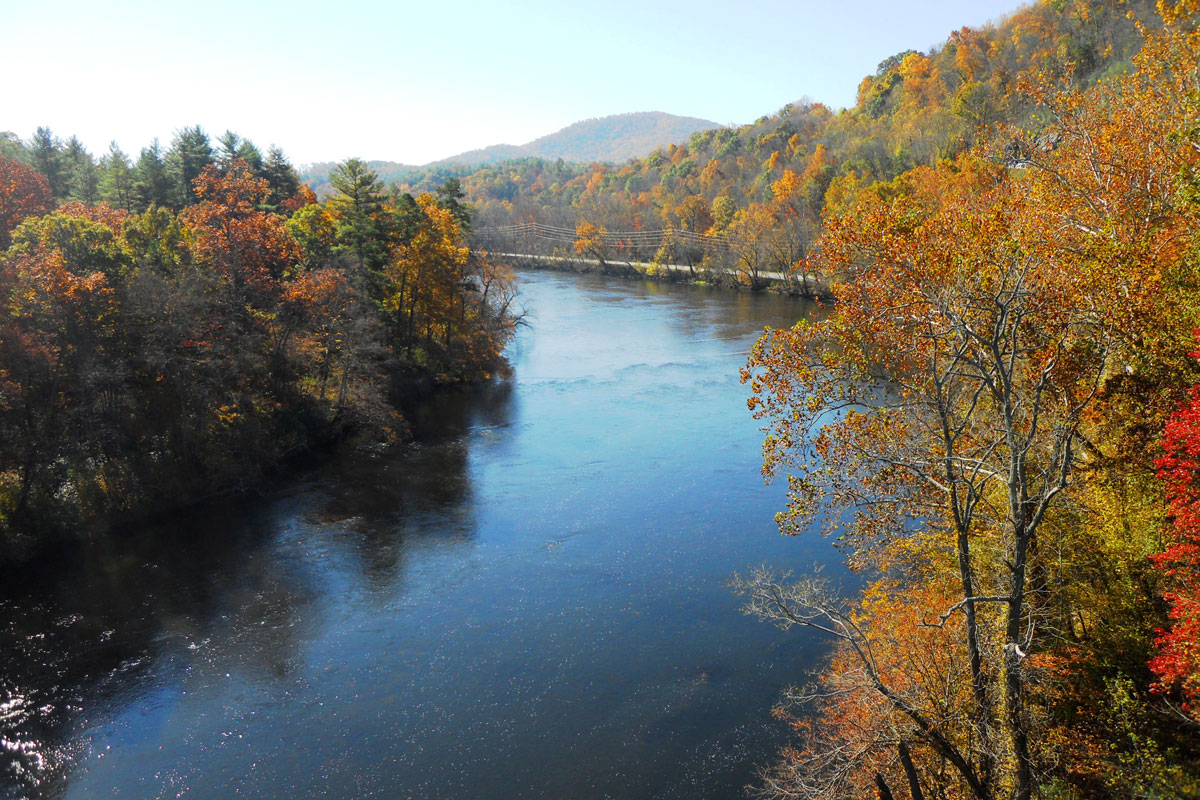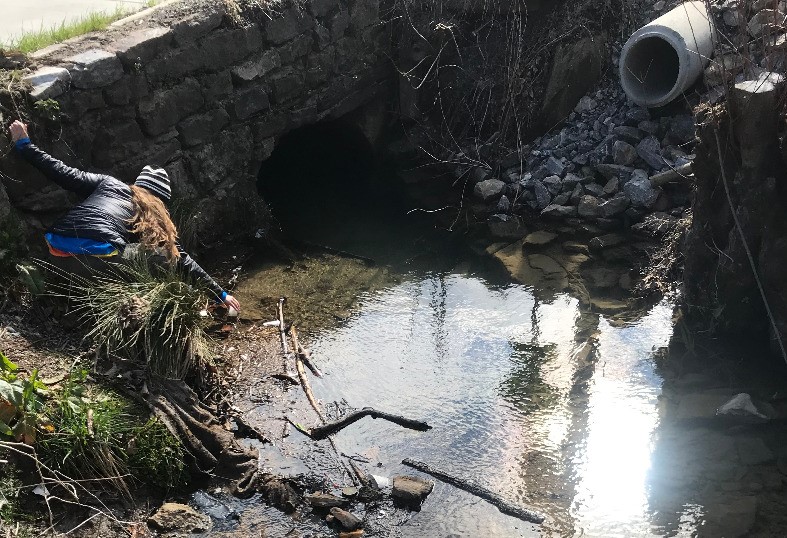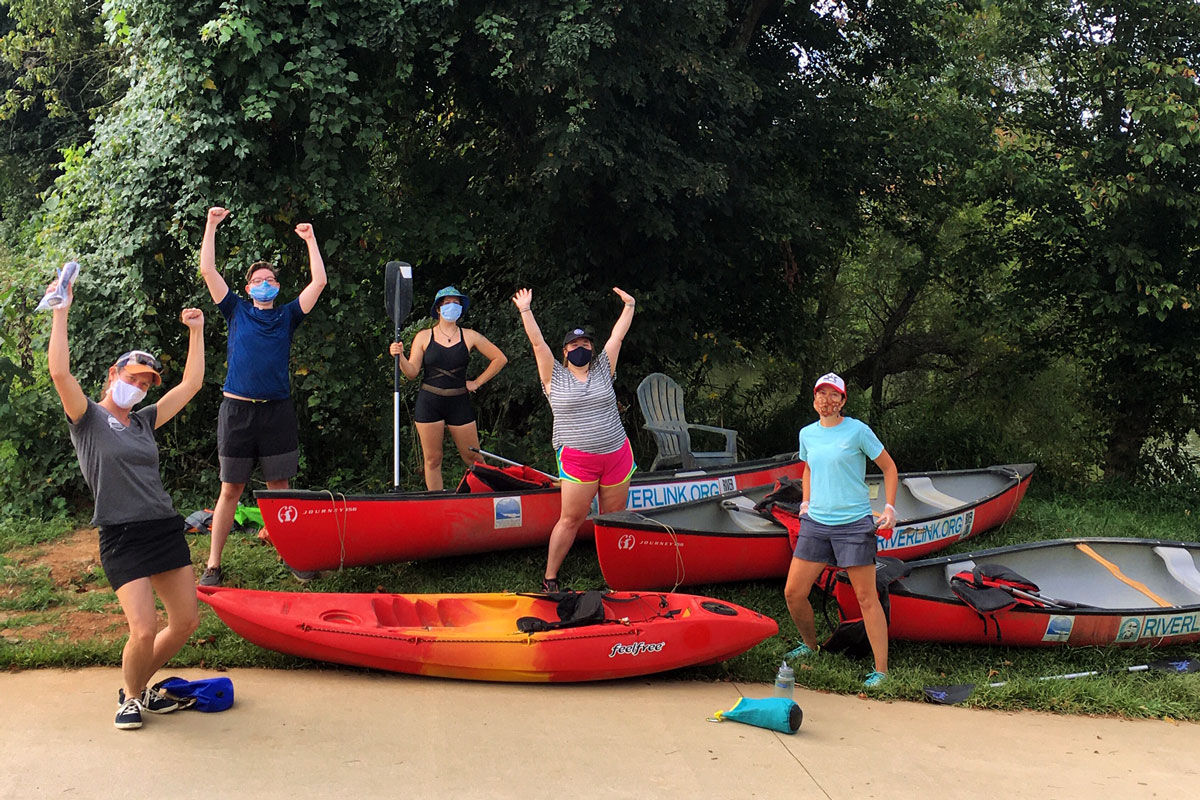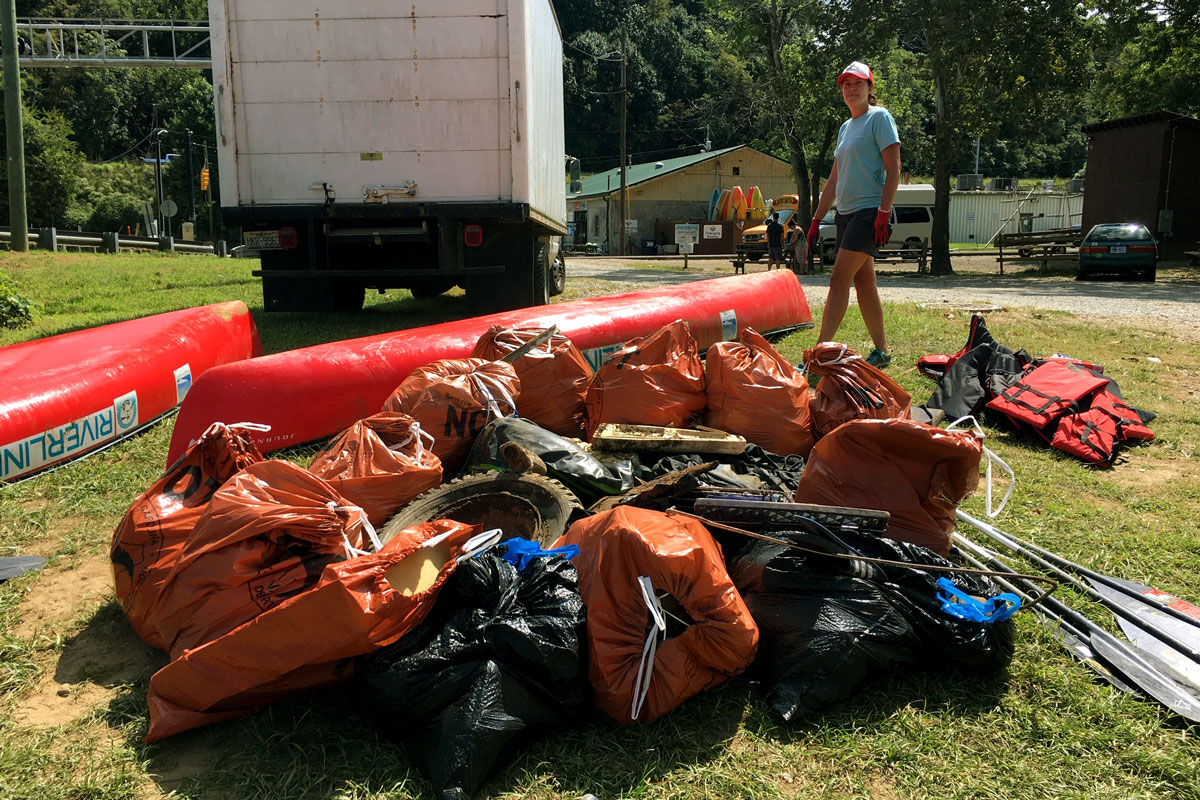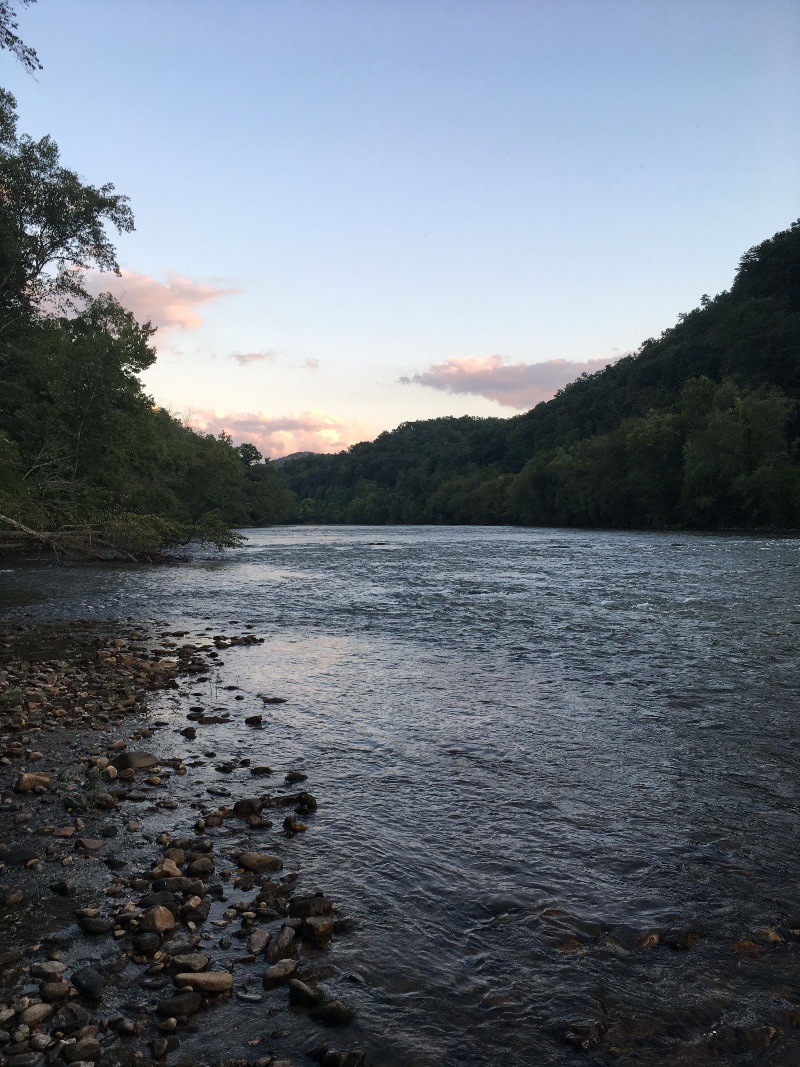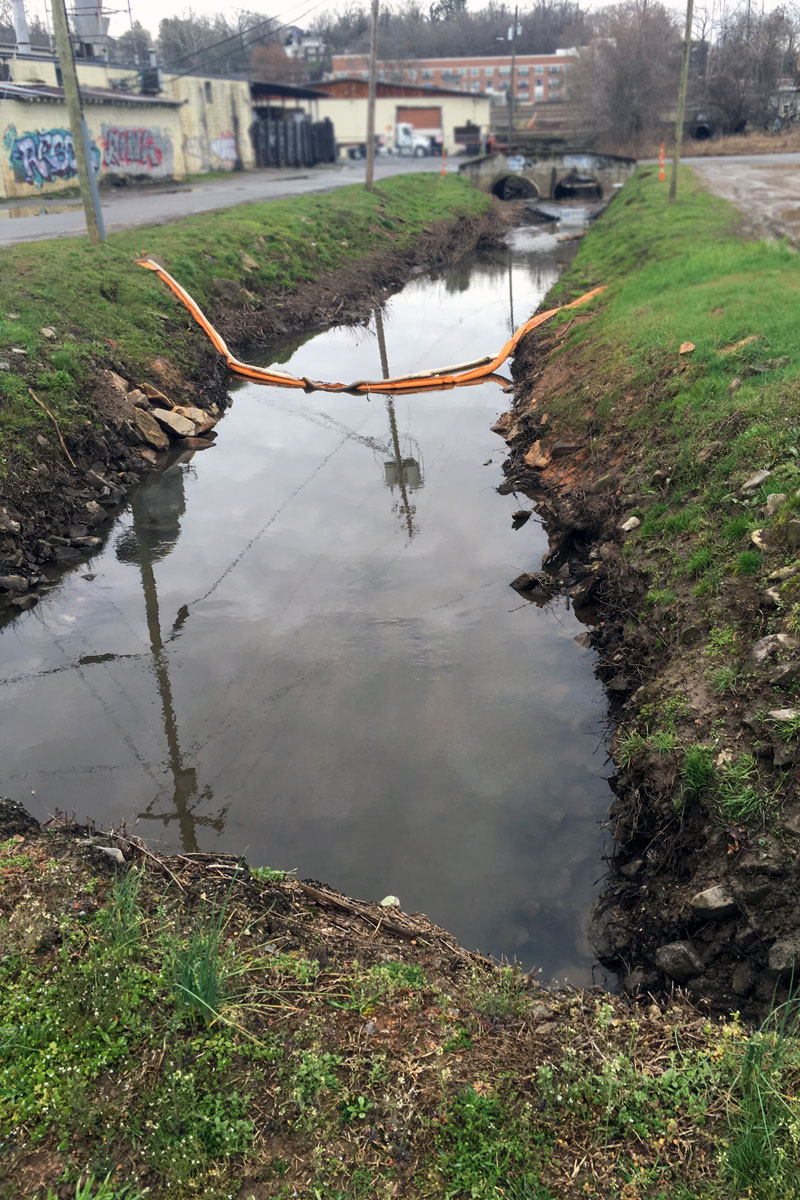Dear Friends,
This is an interesting time for our country on many levels. Devastating fires are destroying much of the west coast, while floods and heavy rainfall pummel the southeast. We are also facing political strife, racism and polarization, leading to a serious reckoning of how we treat each other and our communities.
Nevertheless, we remain optimistic here at RiverLink. Our positive impact on the watershed spans over several decades, and it is heartening to see the visions created in the 1980’s coming to life along the Asheville Riverfront. We are eager to carry forward the vision of river renewal and revitalization in places like Karen Cragnolin Park, Woodfin Greenway and Blueway, and the Swannanoa River corridor.
I hope you will join us in celebrating the completion of the Central Asheville Watershed Restoration Plan, detailed below. This is an important undertaking, particularly because it recognizes the relationship between people and the environment, and addresses many of the same issues we as a country are currently facing.
Also, please take a moment to fill out the survey (link below) in support of an Economic Impact Study that will determine the economic value of the eight county French Broad River watershed within North Carolina.
Finally, thank you for your positive impact, and please consider making a gift to continue to show your love and support for the French Broad River and its watershed.
Respectfully,
Garrett Artz, Executive Director
Program Updates
Water Quality
The completion of the Central Asheville Watershed Restoration Plan is an important milestone for our Watershed Resources program!
The year-long study examined water quality issues in three urban streams (Town Branch, Bacoate Branch and Haith Branch) that flow through Asheville and empty into the French Broad River. The result of the study is a comprehensive watershed restoration plan that RiverLink and partners can use to guide their work of improving water quality in the French Broad River and its tributaries.
The two-square mile watershed is a priority area due to its complex environmental, economic, and social equity issues. All three streams are severely impaired, with the most polluted one flowing through the backyards of many homes in the traditionally underserved Southside community.
The streams in the Central Asheville Watershed also flow into a section of the French Broad River that is a popular recreation destination for local residents and out of town visitors. With E-coli levels in this area of the River frequently exceeding the EPA’s recommended limit for safe swimming, it is imperative that we take action now to make our waterways healthy for all.
Environmental Education
Last week RiverLink staff were able to take advantage of the beautiful weather and get out of the river for a clean up.
Over the course of a 2 hour float they removed over 12 bags of trash, half a shopping cart, one tire, and numerous plastic bottles and beer cans from the banks of the river.
This experience was a reminder of how important it is to keep taking care of this vital river we all love!
Other News
We Need Your Help!
The French Broad River Partnership, in conjunction with Western Carolina University, is assessing the environmental value and economic benefits of the French Broad River watershed in western North Carolina, and we need your help. Please click on the survey links below to participate. If you have any questions about the survey, please contact Dr. Steve Ha at Western Carolina University by email at iha@wcu.edu.
RiverLink in the News
Thanks to the Asheville Citizen Times for their great article on the Central Asheville Watershed and the benefits it will bring to our watershed community. You can read the article by clicking here.
Also, in case you missed it, click here for an article by the Asheville Citizen Times covering updates on the Woodfin Whitewater Wave & Greenway Blueway project slated to be built along the French Broad River in Woodfin.

